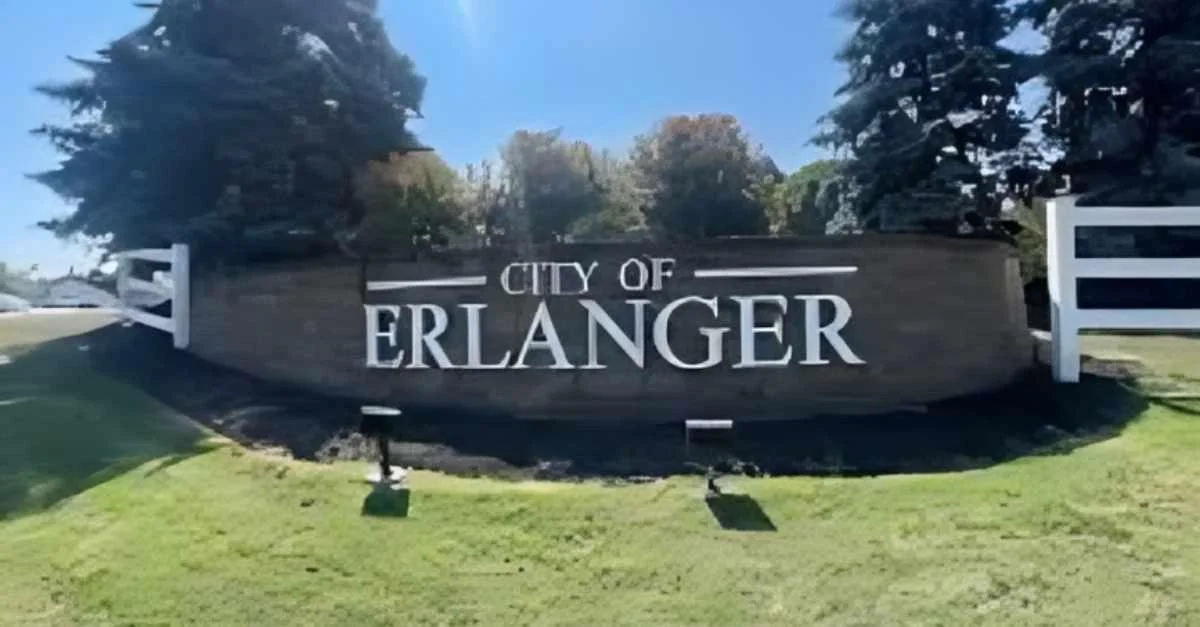Pope Francis has sanctioned the next phase of the Synod of Bishops on synodality, initiating a three-year implementation process. This phase will culminate in an ecclesial assembly at the Vatican in October 2028.
Cardinal Mario Grech, secretary-general of the synod, revealed in a letter dated March 15 that this new phase aims to apply the synod's conclusions across all church levels. Dioceses, bishops' conferences, and religious communities are expected to integrate synodality into daily church life leading up to the 2028 meeting.
"For now, therefore, a new synod will not be convened; instead, the focus will be on consolidating the path taken so far," Cardinal Grech stated in his letter addressed to bishops and eparchs worldwide.
Pope Francis approved this three-year plan on March 11 while receiving treatment at Rome’s Gemelli hospital since February 14. The final document from the synod on synodality was approved by Pope Francis in October 2024. It highlighted synodality as vital to the church's mission and advocated for increased lay participation, mandatory pastoral councils, and further exploration of women's roles in ministry and seminary formation.
Over these three years, dioceses and religious communities will work towards integrating synodal principles with guidance from a forthcoming Vatican document scheduled for release in May. Evaluation assemblies from 2027 to early 2028 at various levels will assess progress before the final assembly at the Vatican.
According to "Universi Dominici Gregis," which outlines procedures during papal vacancies, any council or Synod of Bishops is suspended upon a pope's death or resignation until a new pope explicitly resumes them.
Cardinal Grech emphasized that this implementation phase provides a framework for executing results from ten study groups appointed by the Vatican since March 2024. These groups have been examining key issues such as women's roles in the church and seminary formation.
The cardinal noted that these study groups were expected to present their findings by June 2025 but could offer interim reports as they continue their work.
A significant aspect of this process is strengthening synodal teams comprising clergy, religious members, and laypeople who will collaborate with bishops. Cardinal Grech stressed that this phase isn't about adding bureaucratic tasks but helping churches adopt a "synodal style."
He urged local churches not only to reflect on insights gained from previous sessions but also warned against implementing changes in isolation. The upcoming ecclesial assembly in 2028 offers an opportunity "to gather fruits" from this journey while providing Pope Francis with valuable insights for his discernment as Peter's successor.
 Alerts Sign-up
Alerts Sign-up






